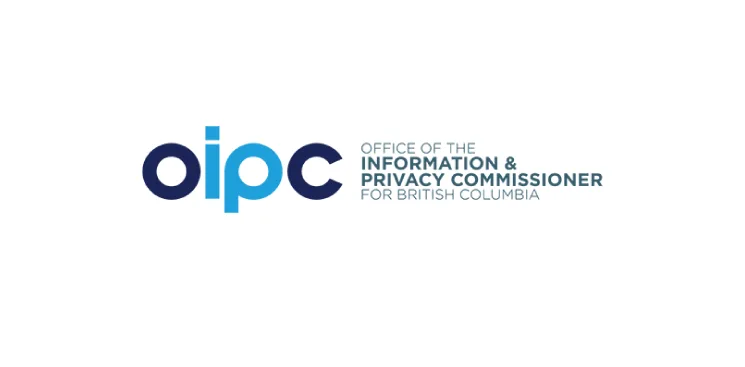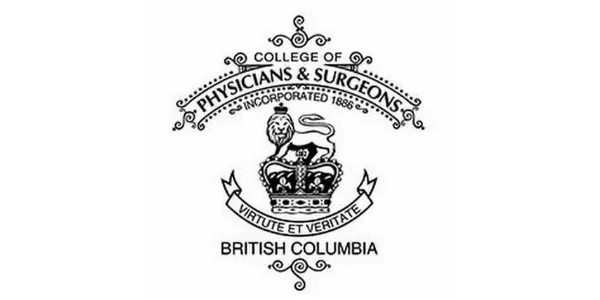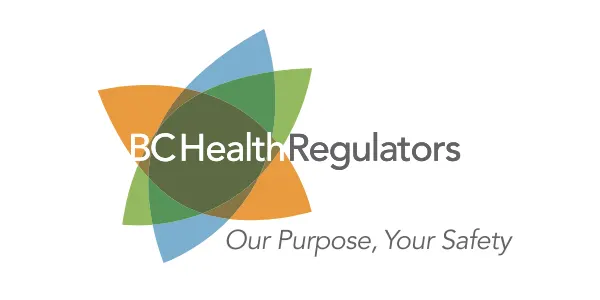
If I disagree with my doctor's medical opinion, can I ask that it be removed from my medical records?
Imagine you’re in the hospital for minor surgery. The surgeon reviews your medical records and decides to proceed with the operation. Little does she know, you have an allergy that may cause complications. Someone forgot to add that information to your file. Learn how to fix a mistake or add missing information to your medical records.
What you should know
Under BC law, health care providers are required to keep a record of the medical care they provide you. In general terms, the medical records must clearly explain the reason you visited the provider. They must also clearly describe:
any investigations ordered
the diagnosis made
any treatment, medication or recommendation
A health care provider must make reasonable efforts to ensure your medical records are accurate and complete. If you feel they aren’t, you can ask for corrections.
Your right to see your medical information
The information included in your medical records belongs to you. You have the right to see it — except in a few specific circumstances, explained in our page on accessing your medical records. That page also explains how to request access to your records.
“Last month I decided to take out a life insurance policy. When I went to apply, the insurer refused to insure me. They said my medical records showed I had elevated cholesterol levels. But my most recent blood test results showed my cholesterol levels are in the normal range. I reached out to my doctor, who was able to correct the error for me. Now, my application has been approved and I’m fully insured.”
– Keith, Vancouver, BC

Under BC law, you can request that your medical records be corrected if you believe the information isn’t accurate or complete.
This right applies to correcting factual errors or adding missing information. It doesn’t apply to the opinions or the personal information of third parties.
For example, if your family doctor’s records indicated you sprained your left arm, but it was actually your right arm, that’s a factual error. It could be corrected.
Your doctor’s diagnosis of the injury, however, is a medical opinion. It can’t be corrected. If your doctor’s initial diagnosis was that your arm injury was a moderate sprain (as compared to, for example, a full tear or a break), that entry in your records can’t be changed. If your doctor were to later revise their opinion, then that new diagnosis would be recorded. But the original diagnosis would also remain in the record.
If you decide to request a correction of your medical records, you must make the request in writing. We explain the steps involved below, under work out the problem.
The underlying laws
There are two main laws in BC that set out your rights to your personal health information. One law applies to public bodies like hospitals and health authorities. The other law applies to health care providers in private practice such as family doctors and physiotherapists.
Generally, the health care provider has 30 days to respond to your request that information be corrected.
The provider can respond either by correcting the information or making a note on the record.
If the provider agrees to correct the information
If the health care provider agrees to make the correction, they must do so promptly.
They must also send the corrected information to anyone they showed your medical records to in the previous year.
If the provider declines to correct the information
If the provider decides not to correct your medical records, they must make a note on your record. This note, also called an annotation, is made next to the information you wanted changed. The note must state the change you were asking for.
The provider must also tell you:
the reasons for the refusal,
how to contact an employee who can answer your questions, and
that you may ask for a review of the decision within 30 days.
Work out the problem
Review the information in your medical records. Look for:
inaccurate information
incomplete information
unclear information (information that can be interpreted in multiple ways)
outdated information
information that isn’t relevant to your health
Your right to access
The information in your medical records belongs to you. Our page on accessing your medical records explains your rights to your information and how to request access to your records.
If you think there’s a mistake in your medical records, gather proof. Make copies of any test results, doctor’s notes, or other documents that support your position.
If your request relates to outdated information, try to find a supporting document with the date on it. If you think certain information is unclear or irrelevant, be prepared to explain why you think so.
Make a written request to the health care provider or medical facility that holds the records. Ask them to fix or remove the mistake in your medical records. Be specific about what information you want changed.
If you’re dealing with a hospital or other public body
If your medical records are held by a hospital or other public body like a health authority, you can use this form provided by BC’s information commissioner.
Include any proof you have to support your position. For example, if your records have wrong information about your medication, you might include a copy of your prescription. Send your request to the health records or privacy office. This list has the contact information for the privacy officers of some health authorities.
If you’re dealing with a health care provider in private practice
If your medical records are held by a health care provider in private practice, you can use this form provided by the Doctors of BC or this form provided by the information commissioner for BC. Include any proof you have to support your position.
Send your request directly to the health care provider.
Make a note of when your request was received
Keep a copy of what you send. Make a note of when it was received. Under the law, the provider or facility must reply to your request within 30 days of receiving it. (In some cases, they may be permitted a time extension.)
Legal duty to respond
Under the law, the health care provider or medical facility must respond to your request to fix a mistake in your medical records. They must tell you what they plan to do. What’s required of them is explained above, under what you should know.
If your request to correct your medical records is turned down, you can ask for a review of the decision by the information & privacy commissioner for BC.
You must do so in writing. You can send an email or letter, or use the information commissioner's complaint form:
Use this form if you're dealing with a hospital or other public medical facility.
Use this form if you're dealing with a health care provider in private practice.
Make it very clear what you're requesting. You'll also need to send the following documents:
A copy of your original request for a correction.
A copy of the response from the provider or medical facility.
If your request for review is accepted, you'll receive a letter telling you that. Your file will be assigned to an investigator, who will contact you and inform you about next steps.
If it's denied, you'll receive a letter explaining why. This guide has more information about why your request may be denied.
A health care provider or medical facility might refuse your request to correct your medical records. Or, they may not respond at all.
Either way, you can start a complaint against them. To do so, you'll need to bring your complaint to the provider’s regulatory body.
For example, if it’s your doctor, you can complain to the regulatory body for doctors, the College of Physicians and Surgeons of BC. You’d fill out and submit this complaint form to the College’s complaints department.
The BC Health Regulators website links to the regulatory bodies for more than 20 types of health care providers in BC. To challenge a health care provider’s decision, contact the relevant regulatory body and make a complaint.
Option of last resort
Generally, the information commissioner's complaint process is quicker than the regulatory body's process. As well, the information commissioner is more likely to take a collaborative approach to help you with your request. Try to avoid making a complaint to your provider's regulatory body unless you've exhausted all your options.
Common questions
You should direct your request to whoever made the entry you want changed. For example, say you received treatment at a hospital two years ago. On getting a copy of your medical records, you notice the hospital left out some important information in their records from that treatment. You should follow up with the hospital, not your family doctor.
Who can help

Office of the Information and Privacy Commissioner
Oversees BC's laws relating to privacy and access to information.

College of Physicians and Surgeons of BC
Deals with complaints against doctors in BC.

BC Health Regulators
Represents regulators overseeing chiropractors, midwives, and other health care providers.

